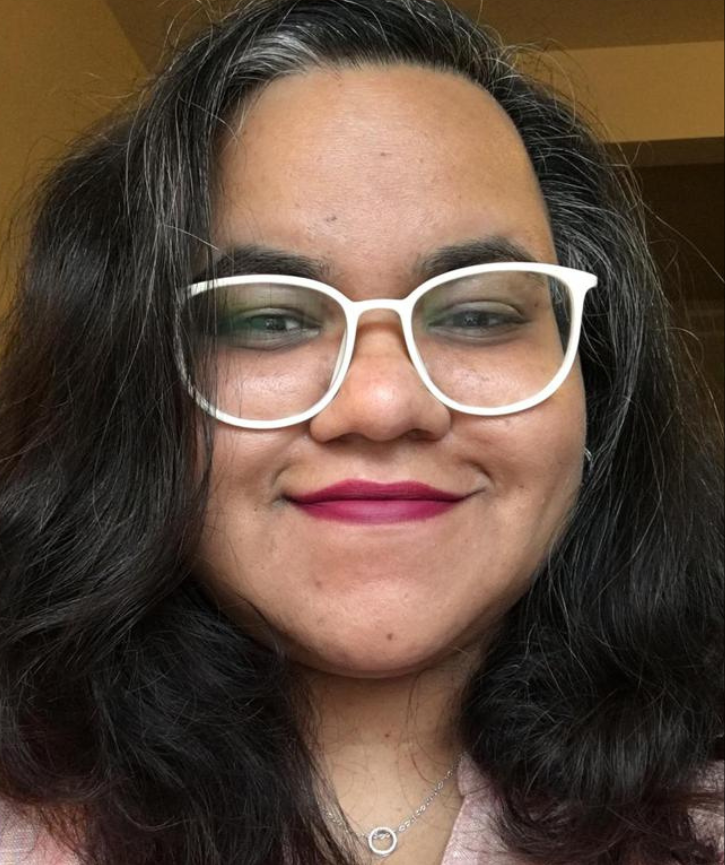Three faculty to embark on Juneteenth-inspired research initiatives

This summer, three faculty in the College of Liberal Arts and Human Sciences will delve deeper into research projects that align with themes of the Juneteenth holiday.
They are recipients of the Juneteenth Scholars program. Founded in 2020 in response to the Black Lives Matter movement, the program supports faculty whose research centers around topics such as resistance to systems of oppression, emancipation movements, and institutional racism.
Recipients receive $5,000 and funding to hire an undergraduate research assistant. The appointment for each scholar begins July 1.
Learn more about the following 2023-24 Juneteenth scholars and their research:

Amaryah Armstrong, assistant professor of race in American religion and culture, will use the funding to finish the last two chapters of her book and revise a paper for publication. The new chapters will discuss how Christian ideas of redemption create racial distinctions in Western societies. Examining the work of Hortense Spillers, an American literary critic and Black feminist theorist known for her essays on African American literature, Armstrong will explore how concepts of freedom for Black people are shaped by ideas of family and redemption – especially in how they control Black sexuality and reproduction. It will analyze Black women's sentimental literature at the turn of the century to show how romanticized theologies of the Black family correspond to the contradictions in Black political forms of the long 19th century that she said still exist today.
Her paper is based on a presentation highlighting the work of Orlando Patterson, a Jamaican American historian and cultural sociologist, and his use of Christian beliefs to address freedom and slavery in Western societies. Armstrong said his ideas have been a key influence in the ways such concepts are thought of in contemporary society. The article will examine how the private and public are held together by the religious value that can be extracted from Blackness. Armstrong was previously named a Juneteenth Scholar in 2022.

Tyechia Thompson, assistant professor in the Department of English, will use the funding to co-edit a book, “The Routledge Companion to James Baldwin,” with Yasmin Degout, associate professor of English at Howard University – Thompson’s alma mater. Thompson published an article on Baldwin, a writer and civil rights activist well known for his poems, novels, plays, and essays that address themes such as emancipation and structural oppression, in 2016. She also founded a website dedicated to tracking Paris references Baldwin made in his work. Thompson will edit and provide feedback for more than 40 authors who are submitting essays for the publication, which aims to provide a comprehensive overview of Baldwin’s work amid growing interest in his life. She also will draft an introduction and complete chapter summaries for sections focused on his portrayal in film, photos, and other media, as well as theoretical approaches to his literature. Thompson was also named a Juneteenth Scholar in 2022.

Paroma Wagle, assistant professor of urban affairs and planning in the School of Public and International Affairs, will seek to understand the daily struggles of poor communities in Mumbai, India, and how they are disproportionately affected by climate change. Wagle hopes to learn from grassroot activists to better understand how urban inequalities, such as access to public services like housing, water, transportation, sanitation, and health care, can worsen already difficult living conditions. Since most of the communities consist of recently migrated workers who belong to historically marginalized groups and religions, with women often bearing the brunt of the inequalities, Wagle’s research will address how oppression and institutionalized discrimination affect access to these services. Her research is part of broader efforts to highlight how historical urban inequalities are crucial for addressing future climate challenges.




